Planets
-
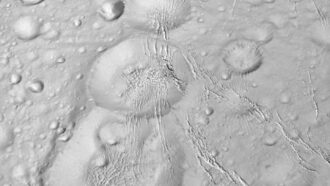 Planets
PlanetsSaturn’s moon Enceladus wears a thick blanket of snow
Pits on the frosty moon reveal the snow’s surprising depth, up to 700 meters (2,300 feet) in some places.
-
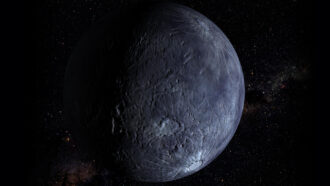 Planets
PlanetsThe dwarf planet Quaoar hosts an impossible ring
Quaoar’s ring lies outside the Roche limit. That’s an imaginary line beyond which rings aren’t thought to be stable.
-
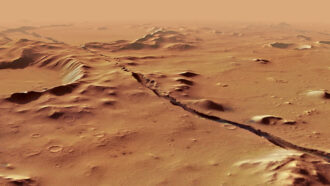 Planets
PlanetsMars might still be volcanically active, quakes there suggest
Seismic rumblings picked up by NASA’s InSight lander hint at molten rock moving deep below the planet’s fractured surface.
-
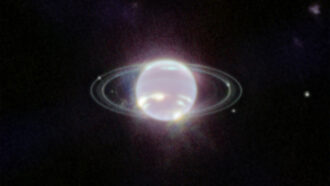 Planets
PlanetsCheck out the first direct look at Neptune’s rings since the ’80s
The Voyager 2 spacecraft took the first pics of Neptune’s rings 33 years ago. Now, NASA’s James Webb telescope is providing a more detailed view of them.
-
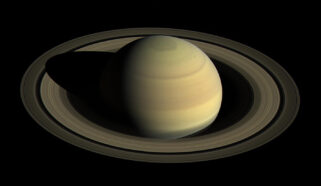 Space
SpaceA missing moon could have given Saturn its rings — and tilt
The hypothetical moon is being called Chrysalis. It could have helped tip the planet over before getting shredded to form Saturn’s rings.
-
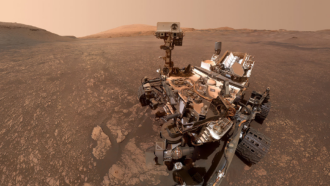 Space
SpaceMy 10 years on Mars: NASA’s Curiosity rover describes its adventure
Did life evolve on Mars? NASA’s Curiosity rover spent the last 10 years trying to answer that question. Here’s the story from the rover’s point of view.
-
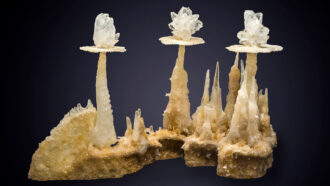 Earth
EarthEarth’s rock collection hints at how to search for life elsewhere
A new way to sort minerals focuses on how they formed. It provides new clues about Earth’s crystal past and how to find life on other planets.
By Asa Stahl -
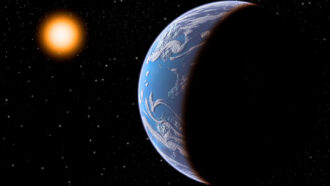 Planets
PlanetsScientists Say: Habitable Zone
The habitable zone is the region around a star where temperatures could be right for worlds to host liquid water.
-
 Space
SpaceLet’s learn about surviving a trip to Mars
Getting to and surviving on the Red Planet will take lots of innovation.
-
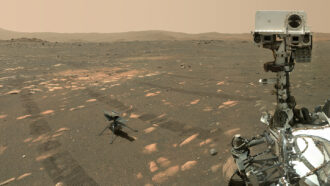 Planets
PlanetsNoises sound totally different on Mars than on Earth. Here’s why
The Perseverance rover recorded the sound of laser pulses on Mars. Scientists used those recordings to determine the Martian speeds of sound.
-
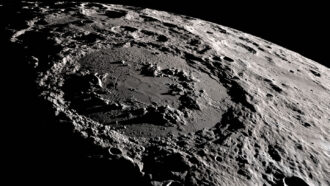 Space
SpaceAncient volcanoes may have left ice at the moon’s poles
Volcanic eruptions billions of years ago may have produced several temporary atmospheres on the moon that held water vapor.
By Anna Gibbs -
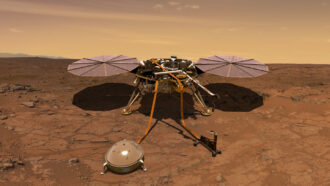 Planets
PlanetsThe InSight lander has caught a large ‘earthquake’ on Mars
This magnitude 5 quake is offering scientists a peek at what’s going on beneath the Martian surface.